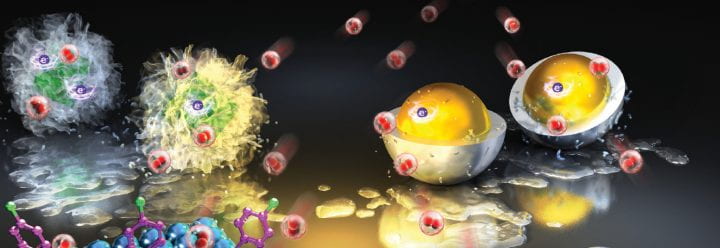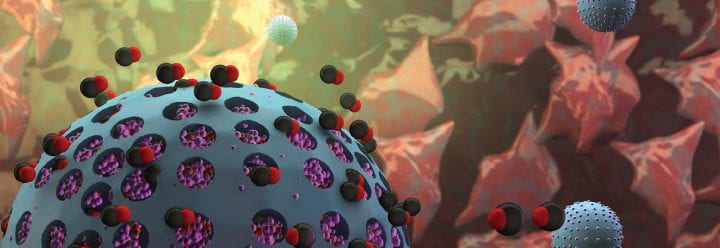Graduate Programs
The Chemistry and Biochemistry Department offers three graduate degrees: the Doctor of Philosophy (Ph.D.), a thesis Master of Science (M.S.), and a coursework M.S. The Ph.D. and thesis M.S. programs are designed to help students develop into independent scholars while pursuing the excitement of scientific research in a personal, supportive environment. Both the Ph.D. and the research M.S. programs prepare students for careers in academia, industry, government laboratories, and other settings requiring an advanced education in chemistry and related disciplines. The coursework M.S. does not require research and is suited to future teachers and others wishing to update or broaden their chemical expertise. Approximately 100 graduate students are currently enrolled in the graduate program. Note: Applications for the Research Thesis path Master’s degree are not being accepted at this time.
Within the Ph.D. program students have the flexibility to design a course of study focused on personal research interests, and at the same time are expected to maintain the high intellectual standards associated with the doctoral degree. Research options include biochemistry, physical chemistry, biophysical chemistry, inorganic chemistry, bioinorganic chemistry, materials chemistry, physical-organic chemistry, and bioorganic chemistry.
Chemistry Graduate Handbook 2024-2025
Graduate Student Awards & Opportunities
Resources for Current Graduates


